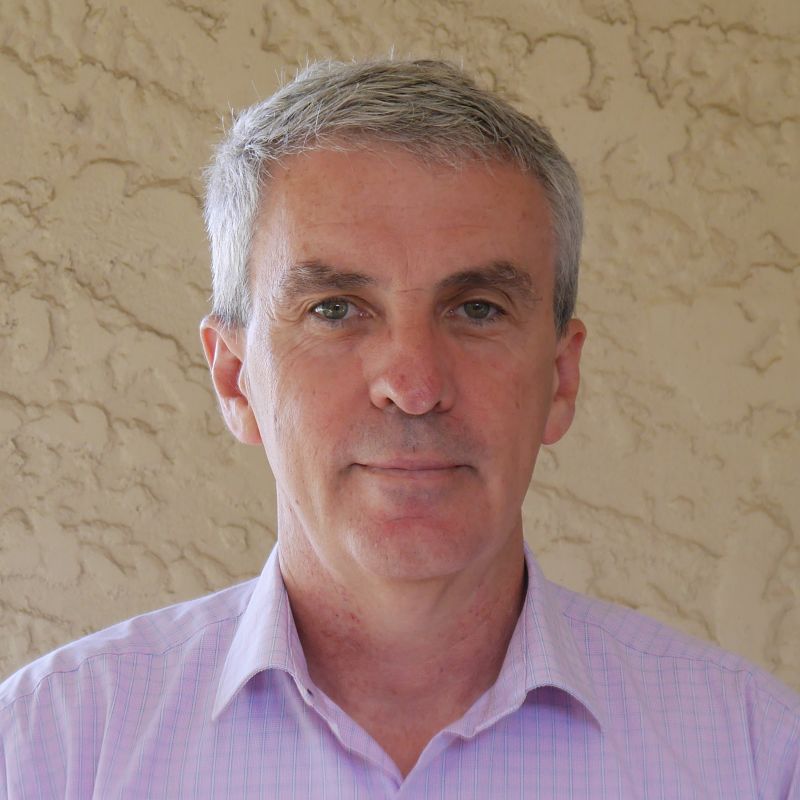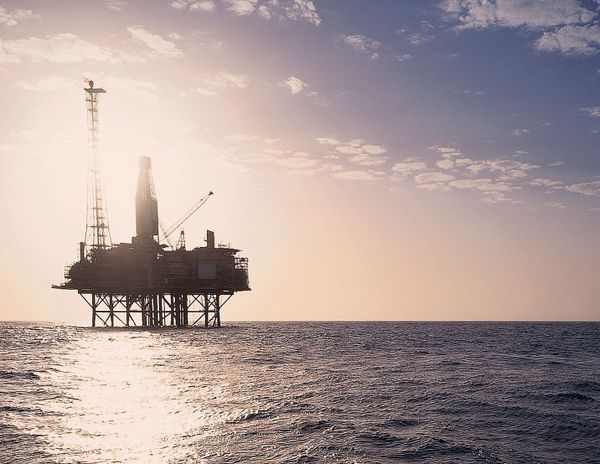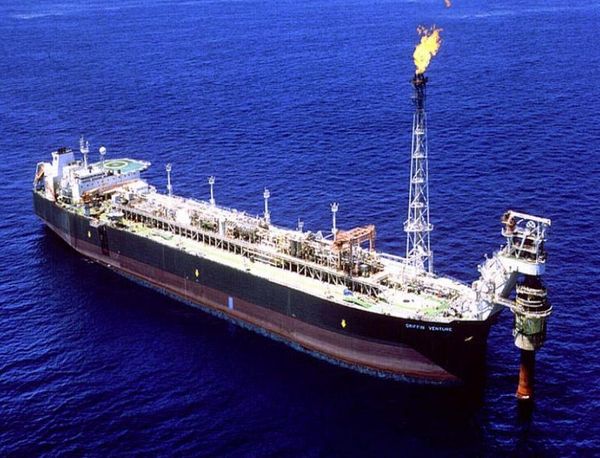Big players scout for carbon storage off WA and NT
• & possible big move away from Aussie coal and gas by Japan •
Good afternoon,
Sorry, I missed the Friday target for this newsletter, but there was a lot to write up from last week:
- Worksafe appears to be in no hurry to get the test results back to determine if four workers possibly contaminated with mercury at Chevron's Gorgon LNG have received an unsafe exposure to the toxic metal. Three incidents in a few days does not sound good.
READ the full story: Gorgon workers left waiting for mercury contamination results - The Federal Government had a nasty surprise for oil and gas producers in the budget: they will pay for the clean up of the Northern Endeavour, not the rest of us through general taxation.
READ the full story: Offshore oil & gas producers to pay for $1B Northern Endeavour cleanup - From The Conversation, Australia loses more opportunities as the Federal budget fails to embrace the energy transition.
READ the full story: The budget is a flight of fancy ignoring Australia’s low-emissions future
And there were three moves to use fossil fuels with fewer emissions.
- Yara wants to find somewhere to bury the emissions from its Pilbara ammonia plant on the Burrup Peninsula. Presumably, it will talk to a very nearby gas producer.
READ the full story: Yara and JERA seek Pilbara carbon storage for blue ammonia - Santos and ENI also want to get into carbon capture and storage for the CO2-intensive gas fields off Northern Endeavour, with a delay to decommissioning a bonus (or perhaps the primary driver).
- READ the full story: Santos and ENI team up to tackle dirty gas and decommissioning
- Strike Energy is taking a different tack on the same issue, with plans for a urea plant to soak some of the CO2 its planned gas production will emit..
READ the full story: Clouded future of gas in WA drives Strike Energy to urea
Who wants Aussie LNG?
Bloomberg journo Stephen Stapczynski reports the Japanese Government may up its 2030 renewable energy target from 22%-24% to 36%-38% and cut coal and gas to 41%, instead of 56%.
The final plan will be announced mid-year and, to put it mildly, is crucial to two of Australia's biggest exports.
The Japanese may not want our LNG in the long term but cannot get enough of it in the short term, with news that North West Shelf customers have been asked to curtail deliveries until April.
Rumours of the water cut at Goodwyn increasing earlier than expected, and a resultant LNG train mothballing abound. The impact is reported to last until April, which is the start of the next annual delivery programme to Japan that presumably can now be rejigged.
Qatar is chasing significant Chinese investment in its next LNG expansion as well as the usual crew of international oil companies.
The Chinese Government has told some smaller Chinese LNG buyers to avoid buying spot cargoes from Australia.
Added to reports last year that Woodside could not sell equity in Scarborough to Chinese companies because Beijing is unhappy with our Federal Government, it seems Chinese companies will have plenty of cash to send to Qatar.
There was some good news for Aussie LNG this week, with Rystad predicting a lack of supply late this decade due to delays to the two Mozambique LNG project caused by the current political violence.
While the iron is hot…
Strike Energy chief executive Stuart Nicholls wandered from his sales pitch a few times at the WA Petroleum Energy Club last week.
When asked when delivery would follow the hype at Strike, Nicholls defended the art of spruiking:
"You tell me whether you prefer Peter Coleman or Kevin Gallagher to be the CEO, and I'll tell you how much hype you need in public companies these days," Nicholls said.
Given only one of these gents still has his job, Nicholls seems to be following a sensible path of self-preservation.
He was complimentary about Coleman's interim replacement Meg O'Neill but less positive about the portfolio of possible investments O'Neill inherited.
"She's got a tough gig ahead. Betting the farm on a single project is gonna be a tough ask to your shareholders," Nicholls said.
On a less flippant note, Nicholls seemed no fan of current Federal energy and emissions policy.
"There is a policy void in our Federal Government,"
"Carbon trading isn't working, people that have Australian Carbon Credit Units are not selling, because they know that they're going to be worth so much more in the future."
Time will tell if Strike Energy shares or ACCUs are the better investment.
Fuelling the economy
The world's big three of iron ore - BHP, Rio Tinto and Vale- together with AustMine have launched a competition for concepts to fast-charge electric trucks at remote mine sites.
Meanwhile, the giants of the Pilbara continue to consume vast quantities of imported diesel, subsidised by the $7.8 billion a year diesel rebate scheme.
Yes, that is billion, not million, and it continues while the predominantly foreign-owned Rio and BHP enjoy record high iron ore prices.
Meanwhile, their FIFO workers cannot afford Perth's stratospheric housing market. A lot of social housing could be built with the diesel rebates that go to companies that do not need it.
The boss of BHP's drive to net-zero emissions Fiona Wild admits "people are sceptical" about the mining, oil and gas company's bid to cut emissions by 30 per cent in a decade on the road to zero mid-century. With these commitments, the devil is in the detail, and it is always interesting to consider what is not counted.
The Ampol and Viva refineries in the eastern states have been saved by a $2 billion package over the next decade that brings forward the introduction of improved fuel standard from 2027 to 2024.
Big gas' wins and losses for the week
Apart from APPEA, the Federal Government's levy on offshore production to pay for the decommissioning of the Northern Endeavour was widely welcomed. Hopefully, applause from The Wilderness Society and other usual foes does not prompt Resources Minister Keith Pitt to reconsider.
APPEA boss Andrew McConville said the levy was "a blow to jobs and investment," ignoring the jobs that decommissioning will provide, and a "terrible precedent."
Readers of past Boiling Cold articles can have informed guesses about what other assets may one day require a levy to be decommissioned.
Shell has won a $700 million tax battle with the Australian Tax Office over its buy out of Chevron's interest in the Browse gas fields.
There is a real possibility that money from the Northern Endeavour levy and the loss to Shell will keep Australian taxpayers about square from oil and gas events of the past week.
Michael West has looked at the massive debt-loading that Shell, like most of its counterparts, uses to minimise company tax in Australia.
There has been a complete turnover at the top of the WA Government departments that most impact the energy sector:
Richard Sellers will now lead the Department of Mines, Industry Regulation and Safety after David Smith's retirement.
Sellers vacates the top spot at the Department of Jobs, Tourism, Science and Innovation and will be replaced there by Rebecca Brown.
Michelle Andrews will lead the Department of Water and Environmental Regulation.
For readers interested in the big picture of the energy transition, the excellent Energy Flux newsletter by Seb Kennedy, an independent London-based journo, can be tried free for a month.
And Volts has a great explainer of the alternatives to lithium-ion batteries.
This is the first Boiling Cold newsletter to pass 3000 subscribers, but more are always welcome.
If you know anyone who might be interested, please forward this email to them.
If you have received this newsletter for the first time and like it, please subscribe here.
Enjoy the rest of your week
Cheers
Pete




